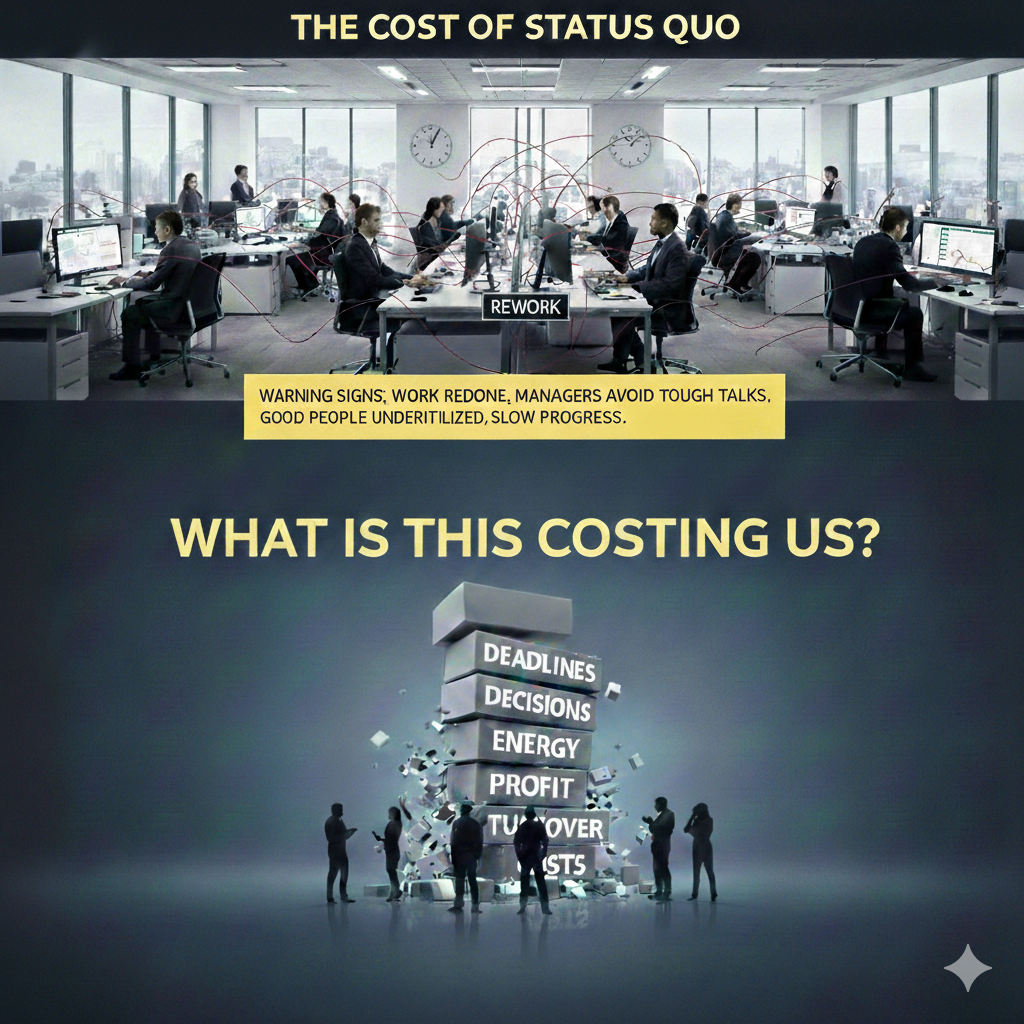Aware of Your Management Style?
Cathie Leimbach • July 8, 2020
This is a subtitle for your new post

A former staff recruiter for small family businesses described the paradox of business owners’ management practices well.
Hands-on business owners often micromanage their staff. Multiple times each day they give very specific directions to their employees about their next task, even once they are experienced and competent with their regular work. The owner makes all the decisions without discussing with staff so they aren't equipped to work independently.
However, when the small business owner goes on vacation, he announces his travel plans to his staff a couple of days before he leaves. He shares no special information with his staff. He seems to believe they have been working for him long enough that they know how to run the business.
But then, when the owner returns to work, he is frustrated that the employees didn’t handle day-to-day irregularities the way he would have. And, of course, now that he is back on the job, they are receiving detailed instructions for routine work.
If you can trust your employees to keep the business going while you are away, is it really a good use of your time, or motivating for them, when you micromanage them?
If you don’t involve your employees in discussions about workplace situations that arise from time to time, how can you expect them to make decisions that align with your preferences?
Does your management style assume that staff aren’t competent to complete their regular work without daily instructions? Or, do you expect that they will magically have strong problem-solving skills when you aren’t there? Maybe you can relate with both scenarios.
What can you do to show that you trust your competent employees and equip them to handle unexpected situations?
When you adjust your management style, you will have more time to manage the business and they will have increased job satisfaction, resulting in higher productivity. And then, you will reap a stronger bottom line.
New tools promise big results. New software, dashboards, and systems all look great on paper. But months later, many leaders are still asking, “Why hasn’t much changed?” Because tools don’t change behavior — leadership does. A system can organize work, but it can’t create ownership. It can’t set expectations. It can’t follow through. Without strong leadership habits, even the best tools just make problems more visible. What really drives results? Clear expectations Consistent follow-through Helpful feedback Leaders who model the right behavior When those are missing, people work around the tool instead of with it. Adoption drops. Frustration rises. And the old problems stay. So the better question isn’t, “What tool do we need next?” It’s, “Do our leadership habits support the results we expect?” 👉 Join our 60-minute Leadership Conversation to explore the habits that actually drive performance.

When things feel “manageable,” leaders often continue with status quo. People are busy. Work gets done. But small issues quietly add up. Rework becomes normal. Deadlines stretch. Decisions take longer. None of it feels like a crisis, but together it eats away at time, energy, and profit. Inconsistent leadership makes it worse. When expectations change from day to day or from one manager to another, people stop giving their best. Some coast. Some get frustrated. Some start looking elsewhere. Turnover rises, along with hiring and training costs. The warning signs are usually right in front of us: Work keeps getting redone. Managers avoid tough conversations around poor performance. Good people are doing less than they could. Progress feels slower than it should. The real question isn’t, “Can we live with this?” It’s, “What is this costing us if nothing changes?” 👉 Join our 60-minute Leadership Conversation to explore how today’s patterns may be impacting your results — and what small shifts could make a big difference.
